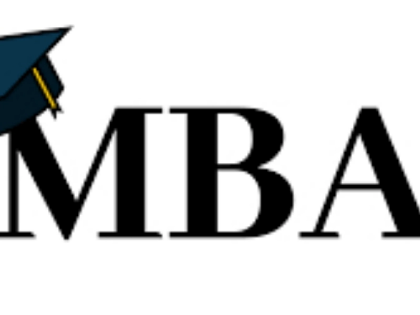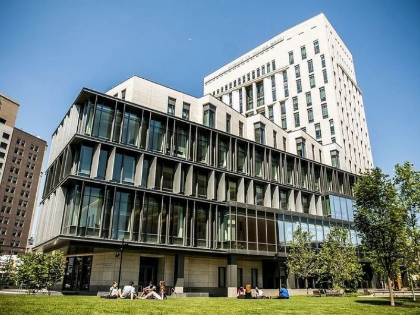Getting through the MBA admissions process requires a combination of perseverance, initiative, and smart thinking. This is a lengthy process that will probably take a lot of time, from getting ready for interviews to finding out more about the program and its community.
Keep in mind that attending business school requires a commitment of both your time and money, so be sure to take your career ambitions into account.
Admissions Conditions

MBA program admissions can be a drawn-out and demanding process. In addition to finishing the required curriculum, applicants must prepare for exams, narrow down their selection of potential schools, get recommendation letters, and compose personal statements. They must also figure out how to pay for their education.
Admissions events are held by many business schools to provide prospective students with an opportunity to meet faculty members and gain information about the curriculum, career assistance services, and alumni networks. These gatherings provide students with crucial decision-making opportunities over which program best fits their objectives and interests.
MBA applicants may be required to take the GMAT or GRE entrance test, depending on their undergraduate academic background and current professional accomplishments. Significant job experience may occasionally be sufficient to waive a test. MBA applicants must still make sure they submit their admissions test results by the deadline, even if a waiver is not available. By doing this, you can make sure they're taken into account for the right semester start date.
Interviews for Admissions

You've been reflecting on your writings for weeks, updating and refining your CV, and locating a fantastic group of references. You're about to hear back from schools, or at the very least, be ready for the interview process.
Business school admissions committees can evaluate candidates' oral communication abilities, emotional intelligence, and personal presence during admissions interviews, which allow them to observe candidates in action and break free from the constraints of a written application.
Interviewers will probably focus their inquiries on your past experiences, future goals for your profession, and the reasons you want to pursue an MBA at their university. This is your opportunity to emphasize program specifics that you feel best suit your needs, such as the faculty, culture, curriculum, or alumni network. Additionally, you'll be questioned about your advantages and disadvantages, as well as how you would handle each. Prepare to give specific instances of your achievements, and consider a moment when you overcame a challenging task at work.
Financial Aid

Even though employment reimbursement, financial aid packages, and scholarships can help offset some of the costs, earning an MBA can still be a major financial commitment. Working professionals are the target audience for online MBA programs, which provide the flexibility to finish coursework without interfering with work or family obligations.
A core curriculum including finance, accounting, marketing, and other business principles is provided by the majority of MBA programs. Students can further focus their education by selecting a concentration, such as supply chain management or human resources, depending on their degree path.
While some change their focus during the program, most MBA candidates enter with a clear idea of their post-graduation job path in mind. Students can locate the finest MBA school for their career goals by selecting one with a strong alumni network, a reputation for quality and affordability, and both. In addition, a lot of MBA schools offer networking opportunities and student support services to help students reach their professional and academic objectives.
Admissions Selection

It might be heartbreaking to hear that your MBA application was rejected after investing a lot of time, money, and effort into it. It's crucial to keep in mind, nevertheless, that admissions committees only choose applicants who are a good fit for their program. Rejection letters are useful for making adjustments to your application for resubmission in the future.
To become more competitive, some students, for instance, raise their GMAT score or retake the GRE. To bolster their applications, some people devote extra time to volunteering or searching for leadership positions. Lastly, some students discover that they can avoid completing specific necessary courses by earning College-Level Examination Program (CLEP) credits.
Students who work the hardest will eventually see results. The most competitive applications come from individuals who can show how their professional expertise, educational background, and acquired knowledge will make them successful in the program for which they are applying. They will have to apply to other programs that will be a better fit if they are unable to do so.
Recommended Reading: Can You Get A Good Job With An Online Degree?
























Invites a deeper post-mortem.
Reduces semantic drift risk.
Tension is harnessed productively.
Ready to apply—who’s in?